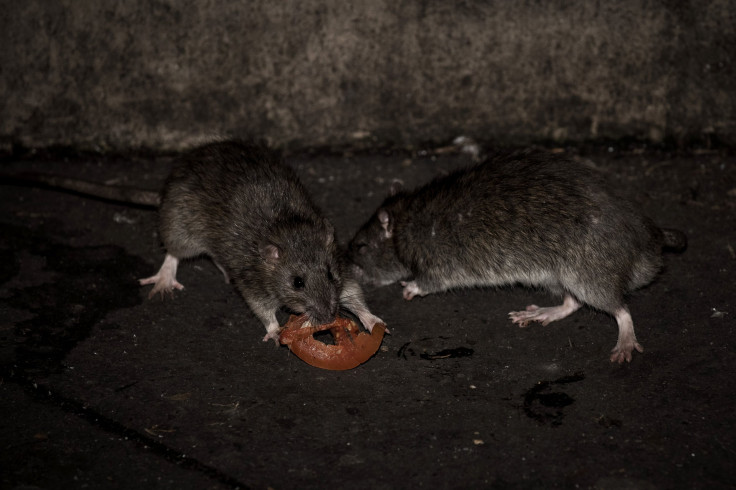Coronavirus Impact: Starving Rats Turning To Cannibalism Amid Restaurant Closures

KEY POINTS
- There have been increased sightings of rats in the streets amid the lockdowns
- Rats were resorting to war and cannibalism to survive the lockdowns
- It is important to protect homes and business from possible rat invasions
City rats typically survive on food waste from restaurants, but now that most eateries have been affected by coronavirus lockdowns and stay-at-home orders, the creatures were starving. In several deserted cities, rats were already in survival mode, with some of them resorting to cannibalism and infanticide to survive.
In mid-March, a video of rats taking over the streets of New Orleans went viral. With many restaurants already closed down due to the Louisiana governor's stay-at-home order, the rats that were used to many food sources from restaurants and tourists suddenly had to come out to the streets to find food on their own.
Similar incidents were occurring in other cities, even those that had proper pest control measures even before the pandemic broke out and lockdowns were enforced. For instance, according to NBC, Washington, D.C. received closer to 500 calls about rodents in the past 30 days. In Baltimore, there were about 11,000 calls about rats during the same period.
According to urban rodentologist Bobby Corrigan, the coronavirus lockdowns significantly affected the rodents that, perhaps for generations, have depended on restaurant food to survive. Now that most of those restaurants were closed, they have to look for other food sources, even if it means resorting to more aggressive measures.
"It's just like we've seen in the history of mankind, where people try to take over lands and they come in with militaries and armies and fight to the death, literally, for who's going to conquer that land. And that's what happens with rats," Corrigan told NBC. "A new 'army' of rats come in, and whichever army has the strongest rats is going to conquer that area."
In this "battle," the rats will not only eat the other rodents' food sources, but may also eat each other, with the adults targeting and and eating the young in the nest.
To protect homes and business from possible rat infestations, Corrigan noted it was important to make sure any gaps where rats can squeeze through were tightly shut or plugged. Even trash must be stores securely and properly in garbage cans to make sure rats can't access them.
"We don't want those animals in our apartments, houses, restaurants or grocery stores because you end up playing disease lottery if that happens," Corrigan told NJ.com. "You don't want any one of those 55 diseases."
Accoring to experts, there was no evidence rats can carry COVID-19. However, they can be carriers of about 55 diseases including leptospirosis, hantavirus and tularemia.
© Copyright IBTimes 2024. All rights reserved.






















